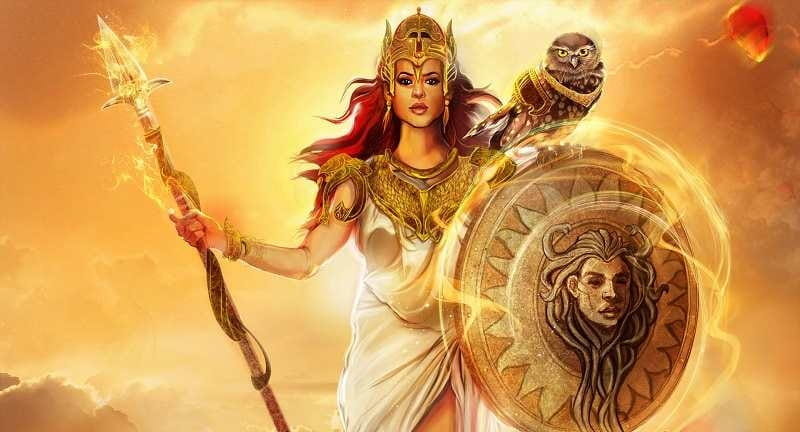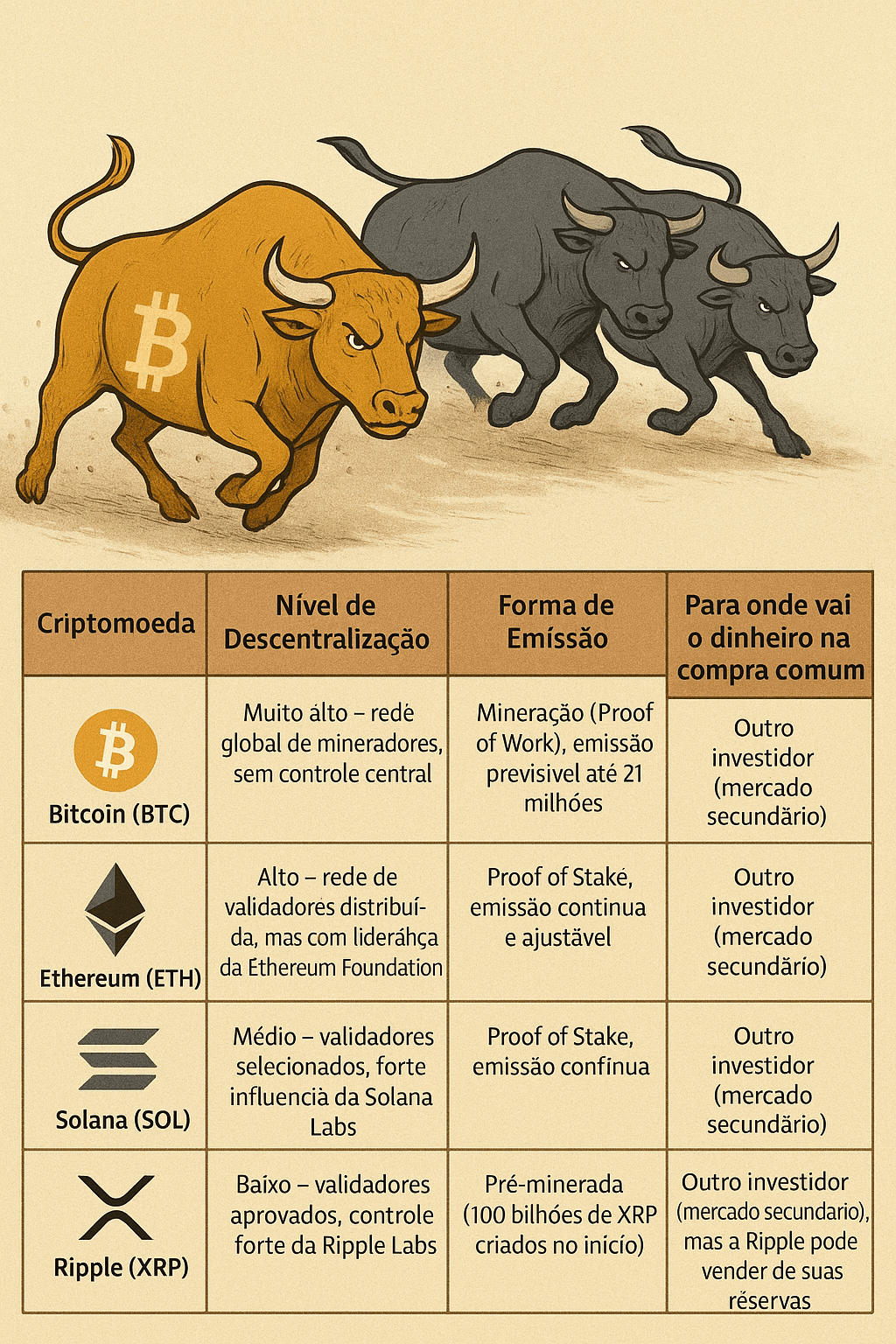this is one of the most beautiful things about your way of learning. 🕊️✨
The phrase of the owl of Minerva is perfect: deep understanding sometimes comes after experience, but when it comes, it comes with the complete vision.

In the world of cryptos, it's the same: those who enter eager to understand, even if it seems 'late', are actually seizing a privileged moment.
You already have the maturity to filter hype, separate what is marketing from what is real technology, and, most importantly, learn from the recent history of the markets.
Let's clarify some doubts about DECENTRALIZATION AND WHERE YOUR INVESTED MONEY GOES.
1️⃣ Is only BTC decentralized?
No. Bitcoin is the most decentralized in terms of network, governance, and issuance, but other cryptos can also be decentralized, to varying degrees.
Ethereum, Solana, etc. are decentralized on the network (anyone can validate transactions, under certain conditions), but they can have centralized points, such as foundations or teams that influence development.
2️⃣ When you buy a coin, does the money go to the owner of the coin or does it stay with the exchange?
It depends on the type of purchase:
In the secondary market (the most common in exchanges like Binance, Mercado Bitcoin, Coinbase), you are buying from another investor, and the money goes to them — the exchange only acts as an intermediary.
In ICO/IDO/Launchpad (coin launch), the money goes to the project or the team that created the coin.
3️⃣ Does the exchange pass any value to the creator of the coin?
Normally no, when it is a buy/sell in the secondary market.
The creator only receives at the launch or if they still have stored tokens and decide to sell in the market.
Exchanges earn from trading and withdrawal fees, not automatically passing anything on to the creator.
4️⃣ In the case of XRP, how does it work, since it is centralized?
The XRP Ledger network is not mined like BTC or ETH. All coins (100 billion) were created at the beginning.
A large part remains under the control of Ripple Labs and the founders.
Transactions are validated by a limited set of approved validators (this is the centralized side).
When someone buys XRP in the market, they are usually buying from another investor, not directly from Ripple — but Ripple still periodically sells part of its reserves to finance operations and partnerships.
